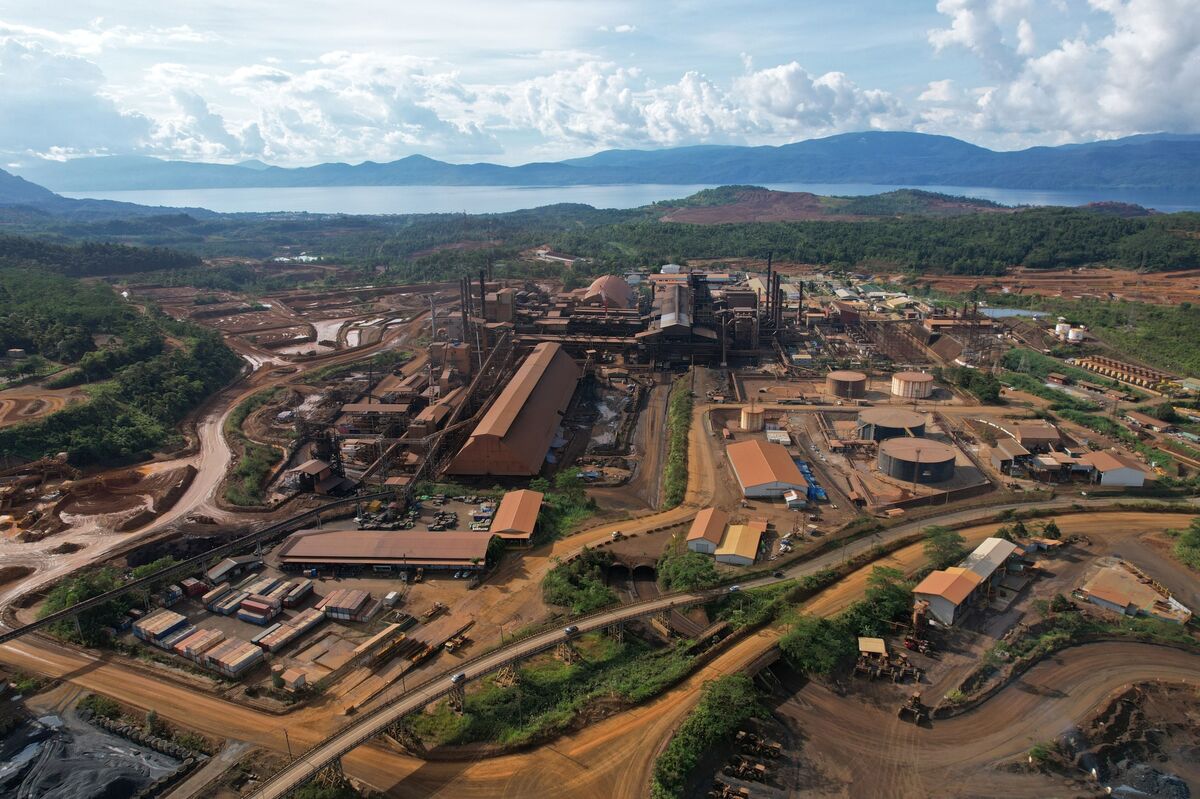At the recent ASEAN Summit in Indonesia, one of the topics discussed was the development of the EV ecosystem. In fact, many EVs were used by the Indonesian government during the ASEAN Summit.
In general, most electric cars available today produce significantly lower emissions than gasoline cars. However, according to Wahana Lingkungan Indonesia (WALHI) Mining and Energy Campaign Manager, Fanny Tri Jambore, electric vehicles cannot be considered as part of a greener energy transition. The production and charging process of electric vehicle batteries still contributes to high greenhouse gas emissions. On the other hand, nickel mining activities still have a significant impact on environmental damage.
This statement is supported by Abhilash Gupta, automotive analyst at research firm Counterpoint, who stated that electric vehicle battery production is unlikely to achieve carbon neutrality. In addition, increased mining and manufacturing activities in the industry could pose environmental and human rights risks.
Green Downstream, Problem Upstream
Like other batteries, the lithium-ion cells used in most electric vehicles rely on raw materials such as cobalt, lithium, and other rare earth elements. Unfortunately, these raw materials are often associated with serious environmental and human rights issues, with cobalt being one of the most controversial.
Cobalt mining produces hazardous tailings and slag that can contaminate the surrounding environment. Studies have also shown high levels of exposure to cobalt and other metals in surrounding communities, particularly among children. The process of extracting metals from cobalt ore involves smelting, which can produce sulfur oxides and other harmful air pollutants.
In fact, many automakers and other companies have committed to eliminating "artisanal" cobalt from their supply chains and have also stated that they will develop battery technologies that reduce or eliminate the use of cobalt. However, according to Mickaël Daudin of Pact, a non-profit organization that works with mining communities in Africa, such commitments are considered "unrealistic" due to the fact that the technology is still under development and the prevalence of cobalt mines.

Environmental Risks of Nickel Mining
The Business and Human Rights Council (BHRRC) has warned of the environmental risks and human rights abuses associated with nickel mining and processing in Indonesia and the Philippines. These violations include the lack of consent of indigenous communities to mining on their land, rainforest destruction, crop damage, water pollution, health problems such as respiratory disease, and the decline of local fish stocks.
The nickel sector in Indonesia has a high environmental impact and contributes to carbon emissions. This poses a challenge for electric car manufacturers, who are under pressure to manage environmental, social and governance (ESG) issues in their supply chains, including carbon emissions. Some EV manufacturers have expressed a preference for "low-carbon" nickel, but the supply is insufficient and comes at a higher price.
A 2019 study by scientists at Khairun University in North Maluku, Indonesia, found higher-than-normal levels of heavy metals associated with nickel mining off the southern coast of the main island. The study also found traces of the heavy metals in at least 12 marine species, including saltwater clams, mangrove snappers, cow's-eye fish, and yellow-striped trevally.

Challenges and Hopes
However, according to Fanny Tri Jambore, the government has several options to create an eco-friendly ecosystem for electric vehicles without damaging the environment. One is to refrain from granting large-scale nickel mining concessions. In addition, efforts to recycle batteries from current nickel production can also reduce the need for mined nickel ore, so there is no need to open mines in all regions of Indonesia.
However, this recycling effort is not an easy process. Given the end-of-life of the previous generation of electric vehicles, the challenge is to prevent the accumulation of unused batteries. Most electric vehicles today use lithium-ion batteries, which have a higher energy storage capacity than the older lead-acid battery technology.
Unfortunately, the recycling rate for lithium-ion batteries is estimated to be only about 5 percent. These used batteries actually contain valuable metals and other materials that can be recovered and reused. However, the battery recycling process can use large amounts of water or create air pollution.
However, experts believe that with time and innovation, the recycling rate of lithium-ion batteries will increase. One promising approach is to give used EV batteries a second life through storage and other applications.
The commitment to transition from fossil fuel to electric vehicles is indeed a good reason for optimism. However, further evaluation, research and development are needed to solve the problem not only downstream but also upstream. Electric vehicles are indeed more environmentally friendly, but there are still many assessments in their production because they cause environmental damage.
Reference:
- Intan, Ghita. (2022). Dampak Lingkungan Bayangi Ambisi Indonesia untuk Jadi Pemain Utama dalam Ekosistem Kendaraan Listrik Global. Voa Indonesia
- Sawal, Rabul. (2022). Red Seas and No Fish: Nickel Mining Takes Its Toll on Indonesia's Spice Island. Mongabay
- Taylor, Michael. Nickel Mining for EVs Fuels Risk of Abuses in Southeast Asia. Context News
- Taylor, Michael. (2023). Southeast Asia Lags in Electric Vehicles. Can it Catch up. Context News



















